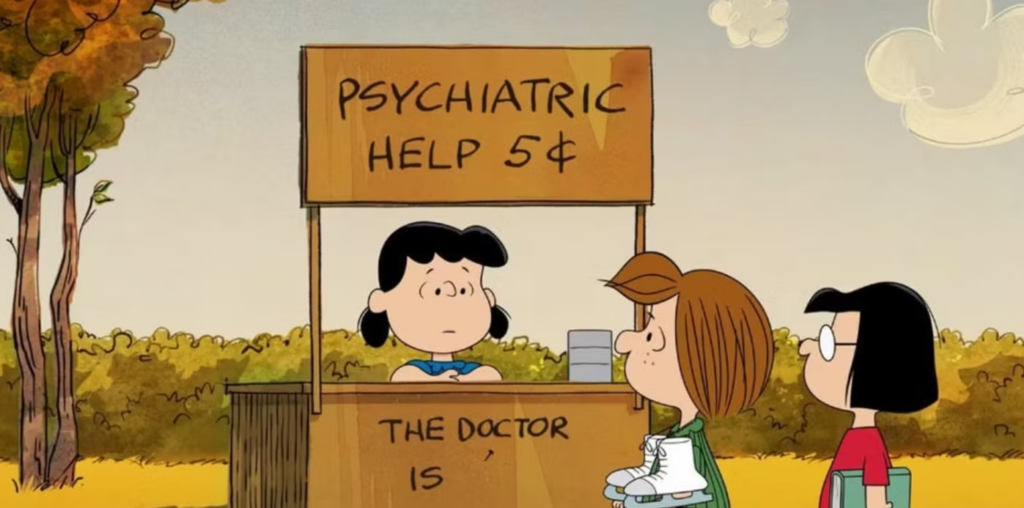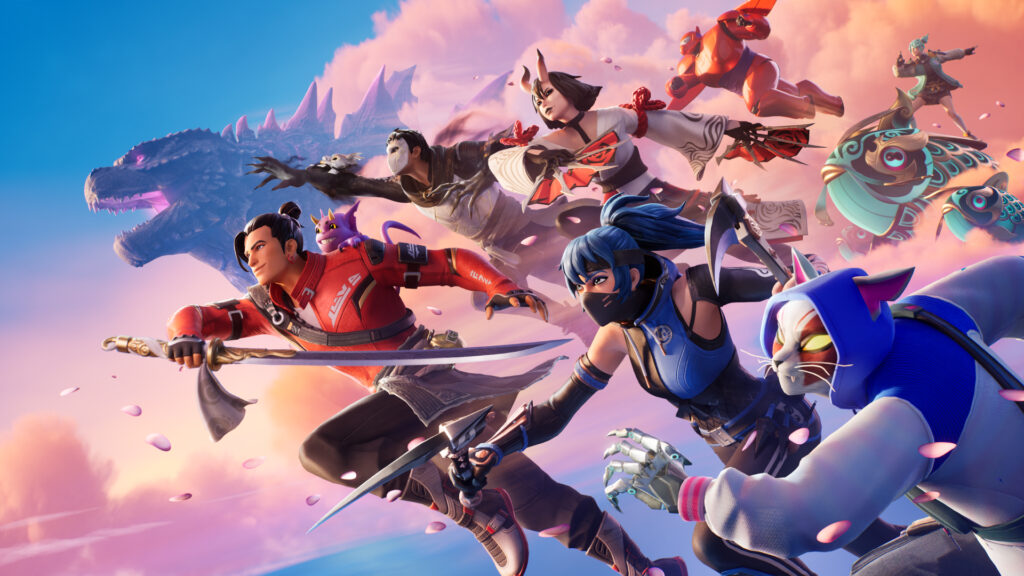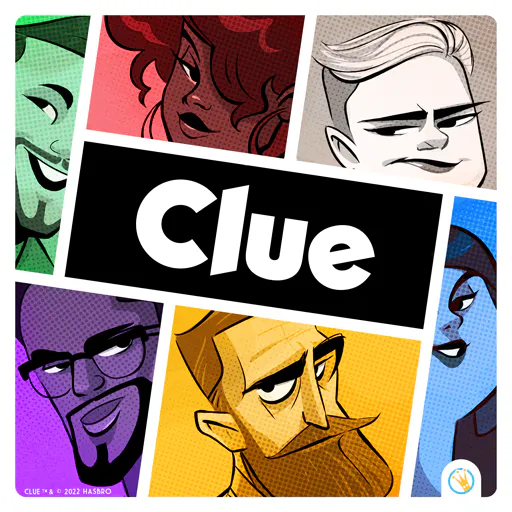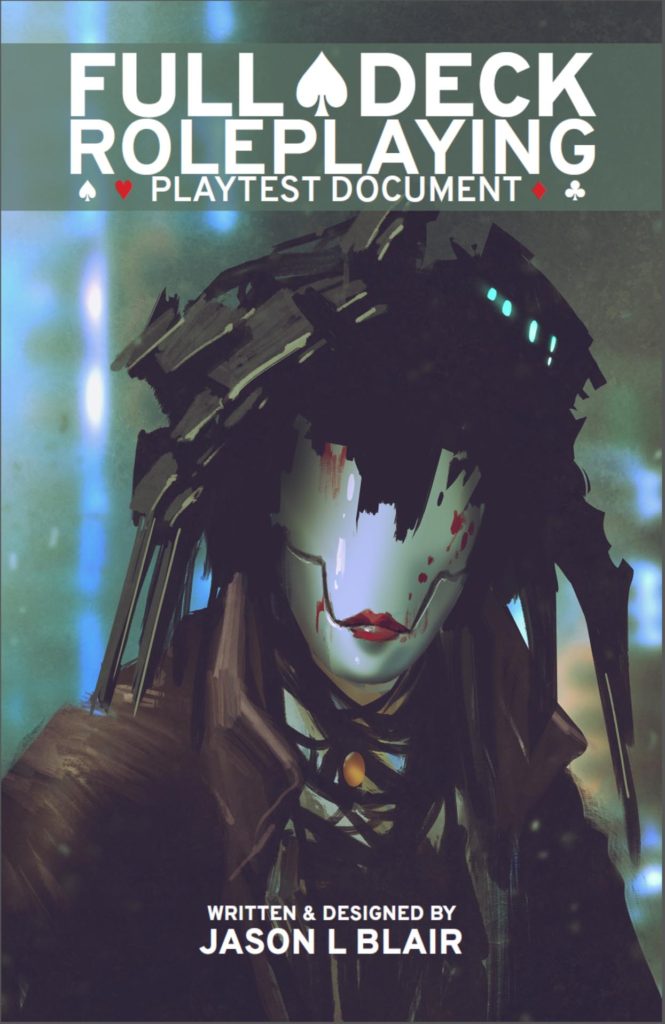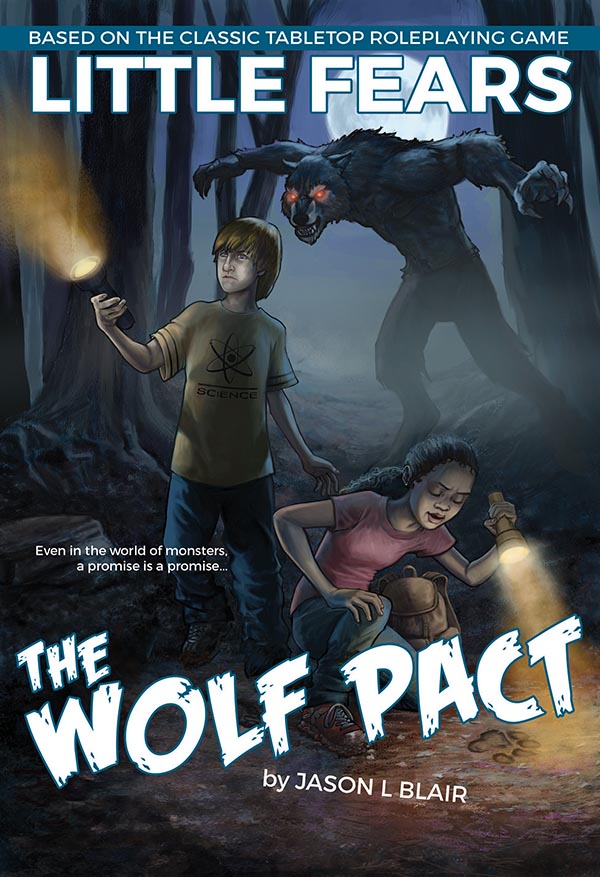From video gaming’s earliest days, designers have been imagining a dizzying array of worlds, play styles, and ways to entertain. From Pong to Zork to Adventure to Mega Man to Halo and far beyond, gaming has been a platform for interactive experiences across an array of design paradigms. Diversity in concept, from intimate narrative games to sprawling action epics to brain-twisting puzzle games to intense multiplayer battlers, has been a strength similar to other media but with an element of engagement unique to the medium.
I imagine some of the industry’s original luminaries could foresee a world when gamers around the globe were playing their creations together, in real time, sharing the experiences they made. But I wonder if any of those toiling in the digital mines forty years ago saw quite the world we live in today exactly how we live in it. A world always online, always connected in ways that are changing and evolving at an incredible pace. A world in which games are now played at home, on the go, from a couch or from a pocket! A world where all of that can be the same game! A world where playing one game can unlock goodies inside an entirely different game! A world where gamers have more options than ever before—with a dizzying amount of new games being released every single day. A world where some games are vying to be the only game that anyone ever plays.
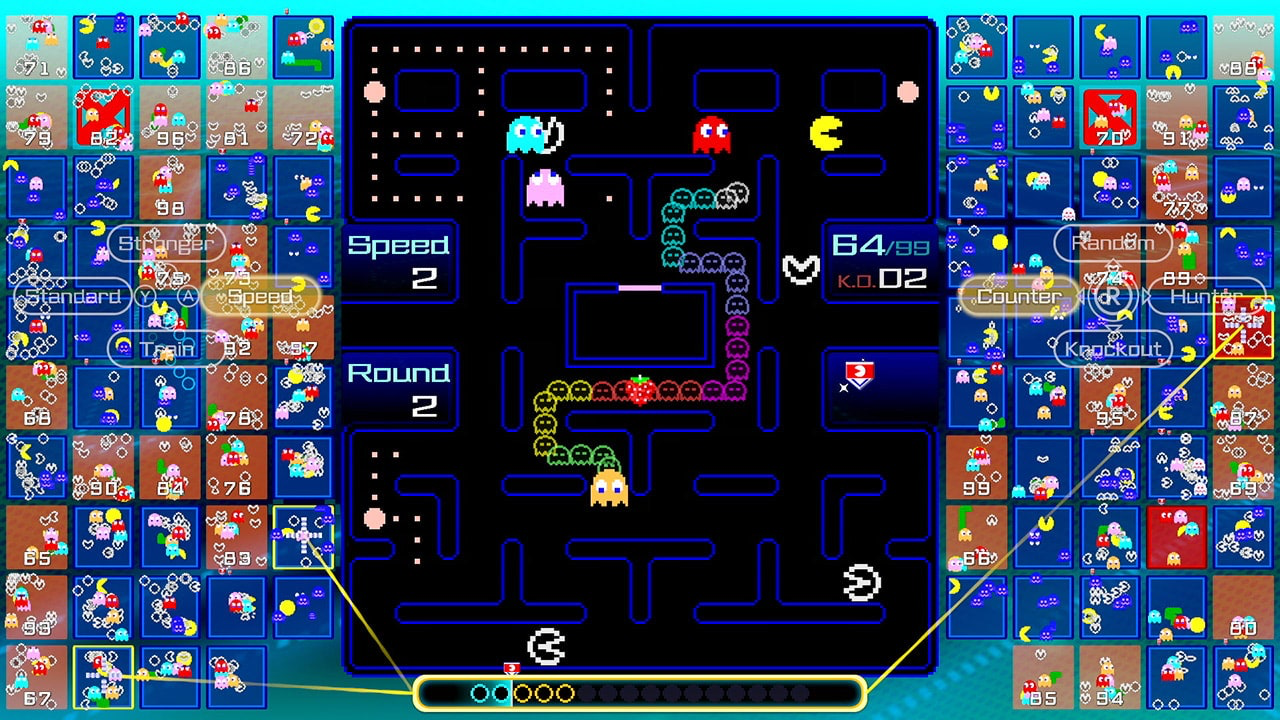
Gaming and the internet have a love affair as old as time. I was playing games on dial-up bulletin boards when I was in junior high. I was connecting to friends to play the original Doom on my brother’s computer ages before you could play it on a calculator. But the advent of Xbox Live changed the rules of what playing online meant.
Friends lists gave me a convenient way to track those I wanted to play games with. Pairing up with friends for an online session became easier than ever. I could chat with friends while scrolling console settings before jumping into one game before loading up another. Achievements gave me carrots to chase that went beyond finishing level, defeating a boss, or getting a high score. I could easily update games with patches to fix issues or rebalance system and I could just as easily add content packs with new areas, game modes, characters, missions, and more. While other platforms followed suit, Xbox Live led the charge in hammering down a lot of boards upon which our modern house of gaming stands. (Fair note: MMOs played their role as well and have done so since the late 90s.)
Mobile and browser-based games, while often dismissed by “real gamers,” led innovations in free-to-play and community-based goals. You could start a farm for the cost of a Facebook login. Need 16 corn? Ask your friends. Friends aren’t playing? Invite them! Or befriend those who already are and build your online community. Don’t have time or don’t want more friends? Then you can circumvent the whole social aspect by dropping some real-world cash.
These ideas and others would eventually converge into what I call Forever Games. If you haven’t played one of these, you certainly have heard of them. Fortnite, Valorant, Overwatch, Destiny, and the newly-released Marvel Rivals all fit this bill. And while they may not want to be the only game you ever play, they are vying to dominate your investment—both time and money.
Forever Games are built around some simple but bold ideas:
- They want to lower the barrier of entry so anyone can join.
- They want you to play with your friends.
- They want to offer a world that changes over time.
- They want to offer rewards for engaging with their content.
- They want to be the game you play forever.
- They want to make money.
(Forever Games employ a lot of systems categorized under the “Games as a Service” umbrella but I don’t want to conflate the two. A game can have GaaS aspects without being a Forever Game but I’ll talk about that another time.)
Forever Games didn’t invent free-to-play but they often take advantage of it. If you have the hard drive space (or the bandwidth to stream it), you can play the game. Some games will gate characters or other elements to those who don’t chip in but you can play the game with zero monetary investment. Making access free fulfills the first bullet point and contributes significantly to the second. Love a game and want a friend to check it out? They can do so with no up-front cost.
These games want to be the place where you and your friends spend your time. They don’t want you at the movies, they want you playing the game. They don’t want you at the club, they want you playing the game. They want you to jump into Discord with your besties (or online streamer community), launch the game, and go. Chat, drink, eat, do whatever you want to parallel to gaming but continue gaming. Build camaraderie and enjoy the pleasure of shared experience inside their virtual world. Plus, the more people playing, the quicker lobbies fill and sessions launch—which minimizes a key frustration point for multiplayer games.
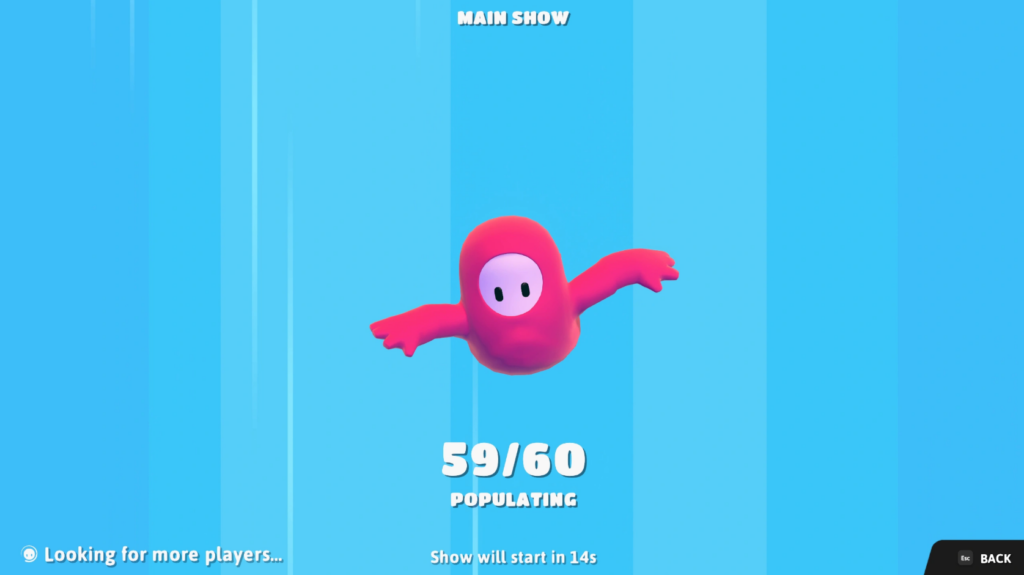
Of course, no matter how big a game may be, game features lose shine over time. No one (well, very few) will play the same game over and over without something fundamental changing. So Forever Games add dynamic content. They change up the loot table so that different items, weapons, and gear drop during different playthroughs. They change the character balance and abilities to alter the meta and keep the community on their toes. They alter the literal playing field by adding new maps or map features. They add alternate modes that let you play with your toys in new ways. They do all of these as minor tweaks frequently, usually under the theme of a season or story arc. Then, when they introduce a new season or arc, they make major changes that really freshen things up. They also employ time-limited events where players must be butt-in-chair at specific times or miss out on exclusive drops or XP.
Forever Games wants you to know they see you, appreciate you, and want you to come back by offering rewards for your engaging with their content. They give you new cosmetics, XP to unlock perks, or currency for their in-game store. Even those who pay nothing will get tchotchkes for playing as a thank-you for filling out their lobby and keeping their concurrent user statistics above the line.
Because they want you to play this game forever. The game wants to be your lifelong buddy, your gaming bestie, and your favorite destination for online entertainment.
The game wants you to play it forever, of course, because the publisher and developer(s) need to make money. Not want, need. Games cost money to stand up and then require additional money to keep going. Without income from the player base, the line goes down and the game is shuttered. Developers used to get money from you by selling you their game once but the Forever Game paradigm requires something more. So, while the game is often free to play and gives you no-cost rewards for playing, it also offers a line of premium goods. Standalone items, bundles, and battle passes are all common wrappers for premium content. None of this is required to play the game. It doesn’t alter the game or create a “play to win” situation. But it speaks to something primal within us. Some developers employ psychologists and economists along with skilled designers to create systems that tap into needs and wants deep within us. And those developers who don’t employ such specialists are often building upon the work of those developers who did.
You can find lots of vitriol online about this but you won’t find that here. This model isn’t a flaw and, honestly, I don’t see it as predatory by nature (though it can be by execution). Buying Valorant once doesn’t fit what the game is. Its payment model—or something like it—is necessary for the game as designed. (Whether such a payment model leads the design or vice versa depends not only on the game but the individual design.) A pay-once model simply doesn’t support a game as big, as varied, and as evolving as Forever Games strive to be.
For those on top, this model pays bank. You don’t need me to tell you how much cash Fortnite is raking in. But Epic’s burgeoning metaverse is not the only game that longs to be your forever. Lots of Forever Games are competing for your attention and time. And more are coming. Some will be successful. But most will not draw the user base, will not lock in the monetization, and will not recuperate their development cost much less turn a profit and generate a revenue stream. Even with a gamer base in the millions, people only have so much time. Which Forever Games need, more than any other type of game.
My fear is that more and more pocketbook-holders, salivating over the potential of the next big Forever Game, will think chasing that dragon is the only path to success. My fear—one that is already being realized—is that mid-tier games will disappear as publishers only fund small projects and big gambles. My fear is that the only way us game developers will be able to pay our bills doing what we love will be in a torturous cycle of studios and projects booming and busting. (Another strong argument for work-from-home.)
I like cooperative experiences. I like playing through campaigns with friends. I like murking monsters in horde modes with a couple buddies. I like dropping on the map and almost getting the crown. I like shared experiences. I like repeatable experiences. I have played and liked quite a few Forever Games. I worked on Fortnite for three years and had a blast doing so. During that time, I contributed to Save the World, Battle Royale, LTMs, competitive, Creative, seasonal events, and there are a lot of store items out there with names and descriptions by yours truly. Both working at High Voltage and with Epic and all the modes I contributed to was a real good time. So this isn’t a hit-piece on Forever Games. These are my thoughts on why the prospect of competing in that space scares the shit out of me.
From my perspective, any game attempting to nudge into that space faces three incredibly difficult challenges—obstacles that exist outside the quality of the game. You can make a great game and still not succeed. We’ve seen it before. These are hurdles that any game faces, yes, but especially any game whose stock in trade is “I want to be your next hobby.” You have to have a damn good argument that overcomes three key player hurdles. Areas where players have invested and where you are asking them to start anew: their expertise, their friends, and their stuff.
Player Hurdle 1: Their Expertise
Gamers don’t need to know the meta or best strats or prime team composition to have expertise. They don’t need to consider themselves “good at the game.” They don’t need to get top frag every match. If they’ve played enough Fortnite or Valorant or Overwatch or Apex Legends, they have internalized aspects of that game they may not even realize. From intuitive navigation of the controls to immediate read of the items or abilities to an understanding of where locations can be found on the map, they have a familiarity with the game that provides comfort and lets them slip right into a session with minimal anxiety or neophobia.
If I’m releasing a new game, I am asking players to learn a lot of new things. New controls, yes, even if they are built on familiar or common schema. New characters who will move at a different pace than they’re used to. Who will have different ways to engaging with an environment that has unique ways of messaging interactivity. Is that big? If they’re a gamer, no. They’re probably used to it and, honestly, those variances are rarely significantly divergent. But the variance exists. What’s really big are the new items and abilities they must use. Those things are usually the grandest expressions of a game’s big ideas. Those items are how the game’s verbs are usually expressed the loudest. I’m asking player to learn what each character’s abilities do and how they should be used. I’m asking them to learn the range, accuracy, recoil, damage, and reload speed of each weapon. I’m asking them to learn the layouts, vantage points, and secrets of each map. Your average player may not consider themselves an expert at their favorite game but each one of them has expertise. Convincing them to start at (or close to) zero is your first hurdle.
Player Hurdle 2: Their Friends
If I’m trying to bring someone over to my Forever Game, I need their friends to come with them. So much of online gaming is comfort-driven and a huge part of that is playing with people you know and trust. Some online gaming communities are notoriously toxic which drives the so-called casuals—who are the majority of players—to come in as a group. Having people you like chatting in your ear—and not some sweaty comp-beast criticizing your every shot, yelling slurs and threats, and being a complete aggro ass—makes for a more pleasant gaming experience.
Sure, they can chat with their friends on a private server while they play two very different games but then they’re missing out on sharing that common experience which so much of multiplayer gaming offers.
If I’m releasing a new Forever Game, I don’t just have to sell to one person, I have to sell to their friends too. If I don’t, I may get a person’s attention for a little while but they will eventually go back to where their friends are.
Player Hurdle 3: Their Stuff
Finally, there’s the very real dread of starting over. If some has played a Forever Game long enough, they have earned skins, emotes, character options, guns, skills, perks, and all sorts of trophies that signify and celebrate the time spent and the successes had. Gamers open their locker or trunk and they see their stuff. Whether earned by doing or paid for with cash, gamers have accumulated a big ol’ pile of stuff that is theirs. Even if they only ever play the same character with the same skins and same weapons, they have their Tickle Trunk of goodies I know they still look at now and then. It reinforces a sense of accomplishment and tells the player, “You haven’t wasted your time! Look at the fun you had! Look at the stuff you got!”
If I’m releasing a new Forever Game, I’m asking gamers to start fresh. Even if I give them freebies, they have no emotional connection to them because they invested neither time nor money in them. Even if the stuff looks cool, even if the characters and weapons are from their favorite fandom, they don’t have the same deep down connection as they do to the weapon skin they got for completing some difficult set of challenges, getting first place for the first time, or being present when they helped blow up the enemy headquarters three seasons ago.
In Sum
Forever Games will continue to happen. And some will break through. Some will jump over the hurdles and wow the crowd and get the gold. Good. Forever Games, as a concept, are fine. But the math doesn’t work for a hundred of them to be successful. Even with a wide array of gameplay genres—and I can name RPGs, MOBAs, hero shooters, battle royales, and more without even pausing to think—there’s only so much time in the day. For one to rise, another must fall. The clock only has twelve numbers. And saying “well, yes, but OUR GAME is better and OUR GAME will succeed” is a real cool guy thing to say but can be horribly irresponsible in some situations.
As a fan, there’s an appeal to having more games get released. More games is more games! As someone who works in the industry, I’m not confident we need more Forever Games. It’s fine to have them. I’m happy that movies have a few cinematic universes out there but I don’t want to have invest a hundred hours into film and show lore so I can understand the subplot of the eighth episode of the latest tie-in series.
Games, gamers, and gaming need room to breathe. We need new ideas, new paradigms, new activities, new perspectives, and new experiences. We need a world where Forever Games exist but don’t have all the gravity. Where publishers, developers, and players are all investing in that truth. (Don’t think I don’t see you, indie devs and pubs. You are, for my money, the most exciting thing in gaming and you have my heart absolutely; this is an appeal for the Big Boys.)
I have a lot more thoughts on this—and on the concept of a metaverse where a game client is a portal to varied experiences that share currency and assets and all that—but I’ll wrap up this post instead of going down that rabbit hole.
Anyway. All this to say that the games industry is messy right now. I think pushing millions-into-billions all to chase the dream of Forever Games is doing a big disservice to the gaming industry across all sectors. The sooner we accept diversity is the way to prosperity, the better off we all will be. As a small cog in a massive machine, I can only let the titans fight and hope for the best. I just want to make cool games.

